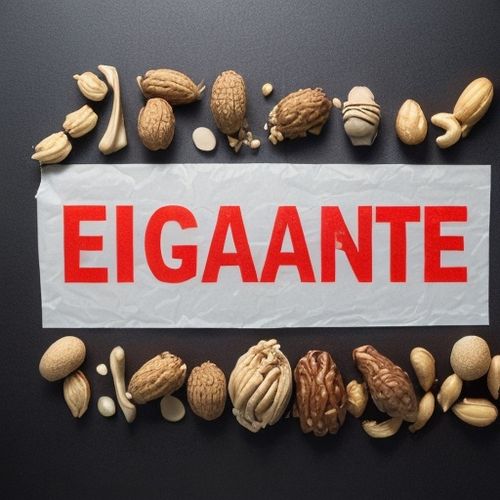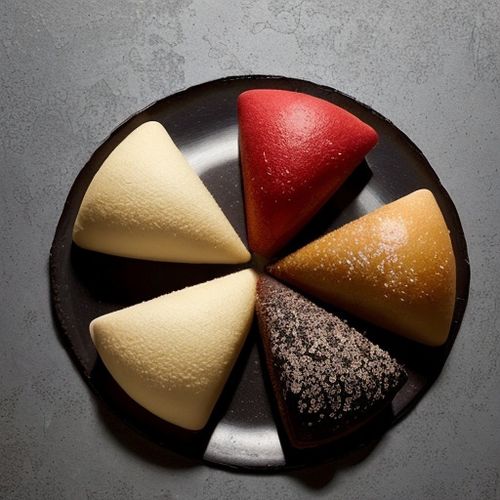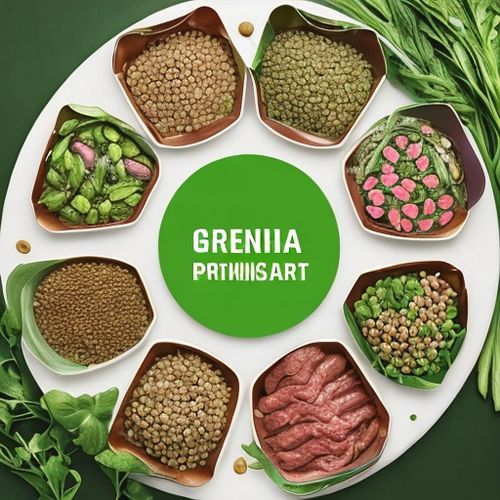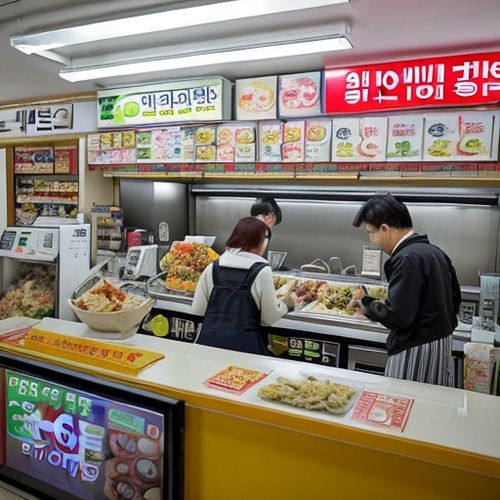The cobblestone streets of Naples echo with a culinary revolution these days. The birthplace of pizza, long celebrated for its fast, affordable pies, now hums with a different energy as traditional pizzerias embrace the global "slow fast food" movement. This isn't just another food trend - it's a fundamental rethinking of how Italy's most iconic export fits into modern lifestyles.
Walk into Pizzeria da Michele today, and you'll notice something surprising alongside the classic Margheritas. The 150-year-old institution now offers whole wheat crusts and gluten-free options. "We didn't abandon tradition," explains third-generation owner Antonio Condurro. "We expanded it. My grandfather's pizza was healthy for its time - simple ingredients, fresh from the market. Today 'healthy' means something different, and we're adapting while keeping our soul."
This transformation mirrors broader changes across Italy's $15 billion pizza industry. Where speed and affordability once drove innovation, now it's nutritional transparency and ingredient quality steering the course. The shift began about a decade ago when nutritionists started highlighting pizza's potential as balanced meal - when made properly. "Pizza has all the components of the Mediterranean diet," notes food historian Carla Barone. "Grains, vegetables, dairy, olive oil. The problem wasn't pizza itself, but how industrialization stripped away its nutritional value."
Modern health-conscious pizzerias like Rome's "50 Kalò" (a play on "50 calories") demonstrate this philosophy. Their sourdough crusts ferment for 48 hours, improving digestibility and nutrient absorption. Toppings feature seasonal vegetables, heritage breed meats, and artisanal cheeses. Even the tomato sauce gets special attention - made from San Marzano tomatoes grown in mineral-rich volcanic soil. "People think healthy pizza means less flavor," says owner Ciro Salvo. "We prove the opposite. Depth of flavor comes from quality ingredients and proper techniques."
The movement extends beyond ingredients to encompass the entire dining experience. Many pizzerias now emphasize slower consumption - serving pies in courses rather than all at once, encouraging mindful eating. Some have introduced "nutritional pairing" menus suggesting vegetable starters that complement specific pizzas. A few even employ "pizza sommeliers" to guide drink pairings that enhance both taste and digestion.
This health-conscious approach appears to be resonating. While traditional pizzerias saw flat sales in recent years, those emphasizing quality ingredients and nutritional benefits report 15-20% annual growth. Tourist-heavy areas notice particular demand, with visitors seeking authentic Italian experiences that align with their wellness values. "They want the romance of Neapolitan pizza without the next-day guilt," observes Marco Grechi, whose family owns three pizzerias in Florence.
Critics argue the movement risks making pizza elitist. A health-focused Margherita often costs 30-50% more than traditional versions. Producers counter that higher prices reflect real costs of quality ingredients and labor-intensive techniques. "We pay our mozzarella maker three times the industrial rate," says Salvo. "But his cheese has living enzymes that aid digestion. That's value you can't measure just in euros."
The transformation faces regulatory challenges too. Italy's strict pizza-making traditions, including DOC certification for Neapolitan pizza, initially resisted modifications like whole grain flours. But as consumer preferences evolved, so did attitudes. The Associazione Verace Pizza Napoletana now allows some variations while maintaining core standards. "Tradition shouldn't be a prison," says association president Antonio Pace. "It's a foundation to build upon."
Perhaps the most surprising development is how these health-conscious pizzerias are influencing fast food chains. McDonald's Italy now offers a "Gourmet Pizza Burger" with ingredients sourced from Slow Food-approved producers. While purists scoff at the hybrid, nutritionists acknowledge its improvements over standard fast food. "The lines are blurring," says food industry analyst Lucia Bianchi. "When traditional pizzerias go health-conscious and fast food goes artisanal, you know a major shift is happening."
Back in Naples, the Pizzeria Starita family has taken their century-old business in an innovative direction. Their new "Pizza e Benessere" (Pizza and Wellness) line features nutritionist-designed combinations like a buckwheat crust pizza topped with squash blossoms and stracciatella cheese. "My great-grandfather would be confused but proud," says current owner Antonio Starita. "He believed pizza should make people happy. Today, that includes making them feel good afterward too."
As wood-fired ovens across Italy glow with this new generation of pizzas, one thing becomes clear: The country that taught the world to love pizza is now redefining what pizza love means. In an era of increasing health awareness, the humble pie proves adaptable yet again - offering nourishment for both body and soul, one carefully crafted slice at a time.

By Jessica Lee/Apr 9, 2025

By Eric Ward/Apr 9, 2025

By Grace Cox/Apr 9, 2025

By Joshua Howard/Apr 9, 2025

By Noah Bell/Apr 9, 2025

By Natalie Campbell/Apr 9, 2025

By Grace Cox/Apr 9, 2025

By Emma Thompson/Apr 9, 2025

By James Moore/Apr 9, 2025

By Daniel Scott/Apr 9, 2025

By Victoria Gonzalez/Apr 9, 2025

By Noah Bell/Apr 9, 2025

By Ryan Martin/Apr 9, 2025

By Emma Thompson/Apr 9, 2025

By Emma Thompson/Apr 9, 2025

By Daniel Scott/Apr 9, 2025

By Christopher Harris/Apr 9, 2025

By Joshua Howard/Apr 9, 2025